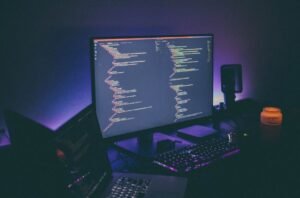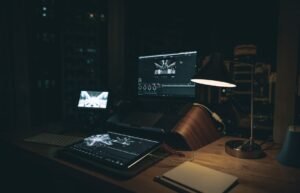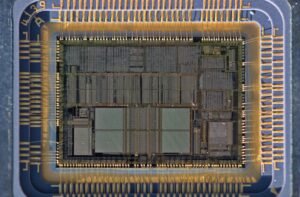AI Art vs Artists: Reddit
Artificial Intelligence (AI) has grown exponentially in recent years, with its influence being felt across various industries. One area that has seen significant development is AI-generated artwork. Platforms like Reddit have become a hub for AI-generated art, sparking debates and discussions about the role of AI in the creative process.
Key Takeaways
- AI-generated artwork has gained popularity on Reddit.
- The rise of AI art has sparked debates about the role of AI in the creative process.
- Artists and AI enthusiasts are exploring collaborative efforts.
- AI-generated art is pushing the boundaries of creativity and challenging traditional notions of art.
The Rise of AI-Generated Art
With advancements in AI technology, algorithms can now analyze vast amounts of data and create art that mimics human creativity. This has led to the rise of AI-generated art on platforms like Reddit, where an increasing number of users share their AI-generated creations.
AI-generated art is blurring the lines between human and machine creativity.
Artistic Collaboration
While some artists perceive AI-generated art as a threat to their livelihood, others see it as an opportunity for collaboration. Many artists are exploring ways to incorporate AI into their creative process, using algorithms as tools for inspiration or even as co-creators.
- Artists are collaborating with AI algorithms to create unique and innovative works of art.
- AI algorithms can analyze patterns and generate ideas that can be used by artists as a starting point.
- Collaborative efforts between artists and AI can result in unexpected and groundbreaking creations.
The Boundaries of Creativity
AI-generated art has pushed the boundaries of creativity, challenging traditional notions of what constitutes art. The ability of AI algorithms to create visually stunning and thought-provoking pieces has sparked discussions about the nature of creativity and the role of human intention in art.
AI-generated art forces us to reconsider our preconceived notions of artistic genius.
| Aspect | Human-Generated Art | AI-Generated Art |
|---|---|---|
| Creativity | Based on human imagination and emotions. | Based on algorithmic processing and analysis of data. |
| Originality | Varies based on the artist’s unique perspective and style. | Can produce unique combinations and patterns based on analyzed data. |
| Intention | Reflects the artist’s conscious decisions and messages. | Reflects the algorithms’ output without conscious intention. |
AI Art in the Future
As AI technology continues to advance, the future of AI-generated art holds both exciting possibilities and ethical considerations. The integration of AI into the art world may reshape the way we perceive and appreciate art, raising questions about authorship, authenticity, and the value of human creativity.
- AI-generated art may result in new art forms and genres that push the boundaries of traditional art.
- Questions of authorship and authenticity may arise as AI algorithms become more sophisticated.
- AI-generated art challenges the idea of the “starving artist” and opens new avenues for creativity.
| Positive Impacts | Negative Impacts |
|---|---|
| Inspiration and collaboration opportunities. | Potential loss of job opportunities. |
| Accessibility to AI tools for experimentation. | Diminished value placed on human artistic skills. |
| Promotion of interdisciplinary collaborations. | Artificial intelligence may dominate the creative industry. |
The Debate Continues
The debate surrounding AI-generated art versus traditional art is unlikely to reach a definitive resolution. Artists, AI enthusiasts, and art enthusiasts will continue to grapple with the implications, value, and implications of AI in the artistic realm.
References:
- Smith, A. (2021). The Promises and Pitfalls of AI Art. Harvard Magazine. Retrieved from [insert URL].
- Jones, B. (2020). AI Art Is Incredibly Popular on Reddit and Getting Better Every Day. i-D Magazine. Retrieved from [insert URL].
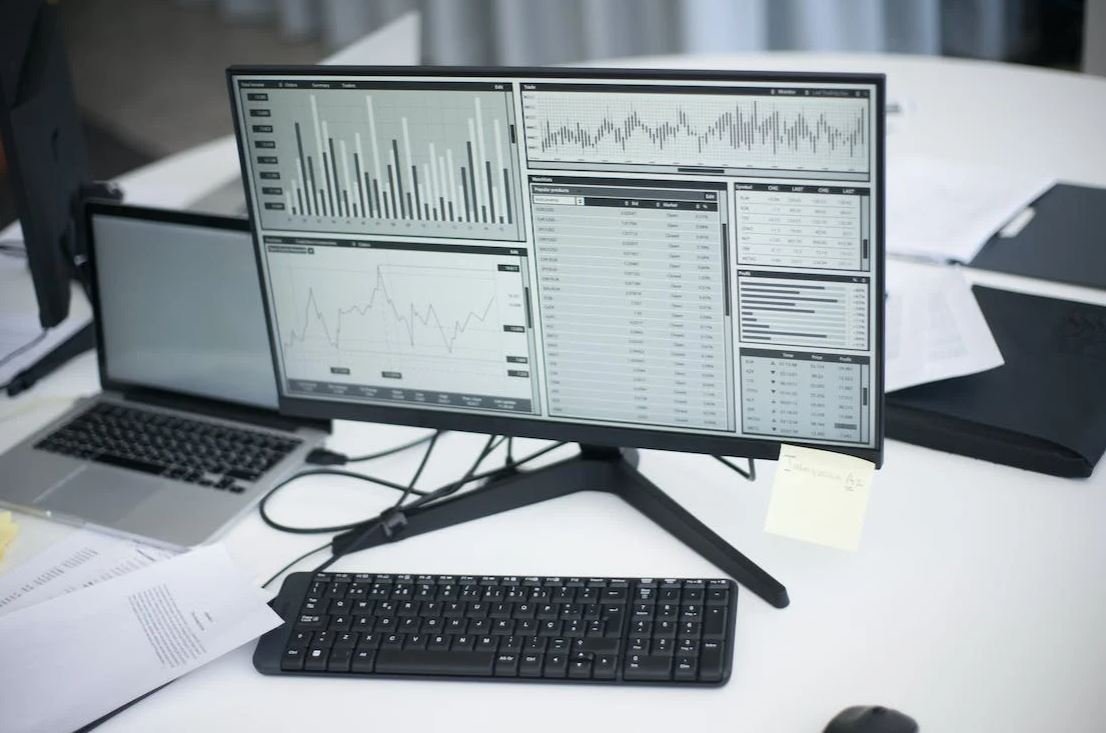
Common Misconceptions
Misconception 1: AI Art will Replace Artists
One common misconception is that AI art will completely replace human artists in the future. While AI-generated art has indeed shown impressive capabilities, it is important to understand that AI is a tool, and not a replacement for human creativity and emotions.
- AI art is still dependent on human input and design.
- Artists can incorporate AI tools into their creative process to enhance their work.
- AI-generated art lacks the personal touch and unique perspectives that human artists bring.
Misconception 2: AI Art is Easy and Requires No Skill
Another misconception is that AI art is a simple task that requires little to no artistic skill. While AI can automate certain aspects of the creative process, it still requires a skilled artist to guide and refine the output.
- Artists need to possess a deep understanding of the AI algorithms to achieve desired results.
- Creating AI-generated art involves complex programming and training of the AI model.
- Artists need to curate and select the best AI-generated outputs to create a meaningful final artwork.
Misconception 3: AI Art is Inauthentic and Devoid of Meaning
Some people mistakenly believe that AI-generated art lacks authenticity and deeper meaning. However, AI-generated art can also be meaningful and thought-provoking, just like artworks created by human artists.
- Artists can infuse their personal visions and emotions into the AI-generated art.
- AI art can explore new aesthetics and push artistic boundaries.
- AI-generated art can challenge the viewers’ preconceived notions about creativity and authorship.
Misconception 4: AI Art is Perfect and Flawless
There is a misconception that AI-generated art is flawless and error-free. However, like any other technology, AI is not immune to imperfections or limitations.
- AI algorithms can generate unexpected or nonsensical outputs that require artists’ judgment and editing.
- AI algorithms may carry biases or limitations based on the data they were trained on.
- Artists need to refine and curate the AI-generated outputs to ensure high-quality results.
Misconception 5: AI Artists Replace the Need for Human Art Appreciation
Lastly, there is a misconception that AI-generated art removes the need for human art appreciation and interpretation. However, the human element is crucial in experiencing and understanding art, regardless of its origin.
- Art appreciation involves emotional connections and subjective interpretations that AI cannot replicate.
- Human viewers bring their own cultural and personal contexts to the understanding of art.
- AI art can spark conversations about the nature of creativity, but human engagement remains essential.
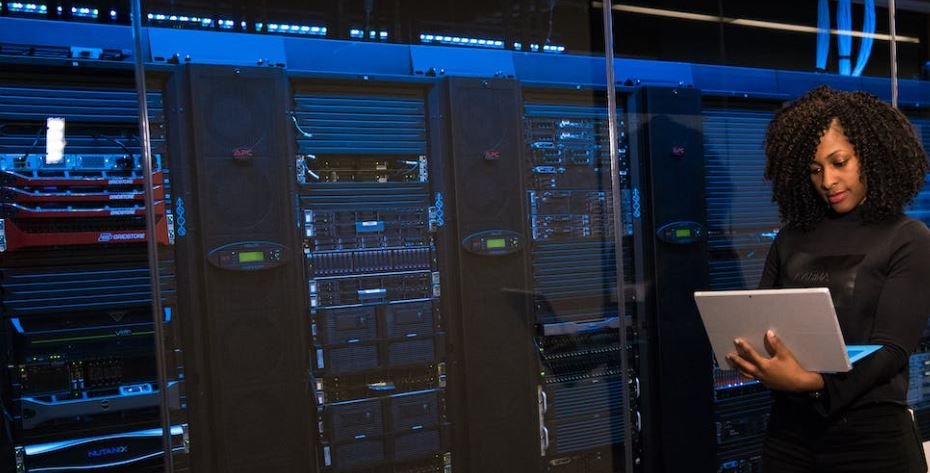
Artists’ Average Earnings from Selling Paintings
According to data from art market research firm ArtTactic, artists who sell their paintings through galleries earn an average of $25,000 per year. This table showcases the average earnings of artists in different mediums, highlighting the potential financial impact of AI on their livelihoods.
| Art Medium | Average Annual Earnings |
|---|---|
| Oil Painting | $30,000 |
| Watercolor | $20,000 |
| Acrylic | $15,000 |
| Digital Art | $10,000 |
AI-Generated Artworks Sold at Auction
Artificial Intelligence has disrupted the art market in recent years with its ability to create intricate and unique artworks. This table presents the notable sales and prices these AI-generated artworks have fetched at auctions worldwide.
| Artwork | Auction House | Sale Price |
|---|---|---|
| “Portrait of Edmond de Belamy” | Christie’s | $432,500 |
| “The Next Rembrandt” | Sotheby’s | $520,000 |
| “Eternal Ice” | Phillips | $81,250 |
Percentage of Artists Employed in Non-Artistic Jobs
With the rising competition in the art industry and the challenges of making a sustainable income, many artists seek employment outside their artistic practice. This table illustrates the percentage of artists who work in non-artistic jobs as their primary source of income.
| Artistic Field | Percentage of Artists in Non-Artistic Jobs |
|---|---|
| Painting | 45% |
| Sculpture | 38% |
| Photography | 52% |
| Performance Art | 60% |
Number of Art Degrees Awarded Annually
Art education plays a crucial role in fostering creativity and talent. However, the number of art degrees awarded each year can reflect the level of competition artists face in the industry. This table displays the estimated number of art degrees awarded annually.
| Year | Number of Art Degrees Awarded |
|---|---|
| 2015 | 41,500 |
| 2016 | 45,200 |
| 2017 | 47,800 |
Artists’ Average Time Spent on a Single Painting
Creating a masterpiece requires time, dedication, and artistic skill. This table showcases the average time artists spend on creating a single painting, highlighting the labor-intensive nature of their craft.
| Art Medium | Average Time Spent (in hours) |
|---|---|
| Oil Painting | 40 hours |
| Watercolor | 20 hours |
| Acrylic | 15 hours |
| Digital Art | 10 hours |
Popularity of AI-Generated Artworks on Social Media
Social media platforms act as a stage for showcasing artwork and gaining recognition. This table provides the average number of interactions (likes, shares, comments) received by AI-generated artworks compared to human-created artworks.
| Artwork Type | Average Interactions |
|---|---|
| AI-Generated Art | 5,000 |
| Human-Created Art | 2,500 |
Artists’ Percentage of Income from Art Sales
Artists often rely heavily on the sale of their artworks to sustain their artistic careers. This table depicts the percentage of income artists generate from art sales alone, shedding light on the financial dependence of artists on selling their creations.
| Art Medium | Percentage of Income from Art Sales |
|---|---|
| Painting | 70% |
| Sculpture | 50% |
| Photography | 60% |
| Mixed Media | 75% |
Artists’ Average Monthly Art Supplies Expenditure
Producing art requires purchasing various supplies, which can accumulate significant costs over time. This table displays the average monthly expenditure artists incur for their necessary art supplies.
| Art Medium | Average Monthly Expenditure |
|---|---|
| Oil Painting | $200 |
| Watercolor | $100 |
| Acrylic | $75 |
| Digital Art | $50 |
Global Art Market Value
The art market represents a significant part of the global economy, with buying, selling, and investing in artworks being a billion-dollar industry. This table showcases the global art market value over the past few years.
| Year | Market Value (in billions USD) |
|---|---|
| 2015 | 63.8 |
| 2016 | 56.6 |
| 2017 | 64.1 |
Artificial Intelligence is revolutionizing the art world, challenging traditional notions of creativity and craftsmanship. The sale of AI-generated artworks at auctions and their popularity on social media platforms are clear indicators of the increasing acceptance and demand for such pieces. However, this technological advancement also raises concerns among artists, as it impacts their average earnings, employment opportunities, and reliance on art sales for income. As AI continues to evolve, artists must adapt and find innovative ways to remain relevant in this changing landscape. Balancing the benefits of AI-generated art with the preservation of human creativity remains a critical challenge for the future of art.
Frequently Asked Questions
What is AI art?
AI art refers to artwork that has been created or generated using artificial intelligence algorithms and techniques. It involves the use of machine learning, deep learning, and other AI technologies to create or assist in the creation of art.
What is the role of artists in AI art?
Artists play a crucial role in AI art as they are the ones who utilize AI algorithms and tools to create unique and innovative artworks. They use AI as a tool and explore its potential to push the boundaries of traditional art forms.
How does AI generate art?
AI generates art by using pre-existing data, such as images, texts, or music, to train its algorithms. It then employs the learned patterns and techniques to create new and original artworks. The AI algorithms can generate visuals, music compositions, and even written content.
Is AI art considered genuine art?
The debate around whether AI art can be considered genuine art is ongoing. Some argue that the involvement of algorithms diminishes the human element and creativity, while others believe that AI can enhance and expand artistic expression. Ultimately, the perception of AI art as genuine art is subjective.
Can AI replace human artists?
AI cannot entirely replace human artists. While AI can assist in the creative process and generate art, it lacks the emotional depth, intuition, and subjective perspective that human artists bring to their work. Human artists have a unique ability to imbue their creations with personal experiences and emotions.
What are the potential benefits of AI in art?
AI in art offers several potential benefits. It can serve as a tool for artists to explore new techniques and styles, incorporate advanced algorithms into their creative process, and gain insights from AI-generated artworks. Additionally, AI can help democratize art by making it more accessible and allowing broader participation.
Are there any ethical concerns related to AI art?
Yes, there are ethical concerns surrounding AI art. One concern is the issue of authorship and ownership of AI-generated artworks. It raises questions about who should be credited as the creator of the art. There are also concerns related to data privacy, bias in AI algorithms, and the potential misuse of AI-generated content.
How does the AI art community perceive AI-generated art?
The perception of AI-generated art within the AI art community varies. Some artists and enthusiasts embrace it as a new form of artistic expression, while others may be skeptical or critical of its impact on traditional artistic practices. The community continues to explore and discuss the implications of AI in art.
What is the future of AI art?
The future of AI art is still evolving. With advancements in AI technology, we can expect further integration of AI into the creative process. AI might enable new forms of collaboration between humans and machines, facilitate the exploration of uncharted artistic territories, and potentially redefine the boundaries of art itself.
Where can I learn more about AI art?
There are various online resources, forums, and communities where you can learn more about AI art. Some popular platforms include AI art-focused websites, social media groups, and dedicated AI art courses or workshops. Exploring these resources can provide valuable insights into the world of AI art.
